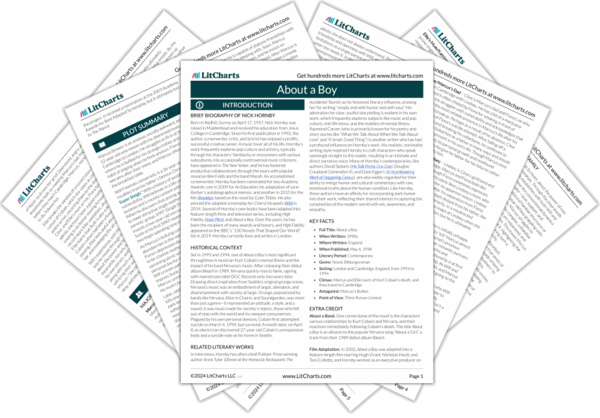Will effortlessly navigates and manipulates relationships to his advantage. His relief when Angie ends their relationship first illustrates his aversion to confrontation and responsibility. Any fleeting guilt he may have felt for deceiving Angie is quickly overshadowed by his satisfaction with his successful manipulation, reinforcing his lack of genuine remorse. He reasons that because his behavior isn’t technically hurting anyone, it can’t be that terrible of a thing to do. Will’s breakup with Angie marks a turning point for his character, as his effective “strategy” motivates him to continue exploiting single mothers, setting the stage for future conflicts.
